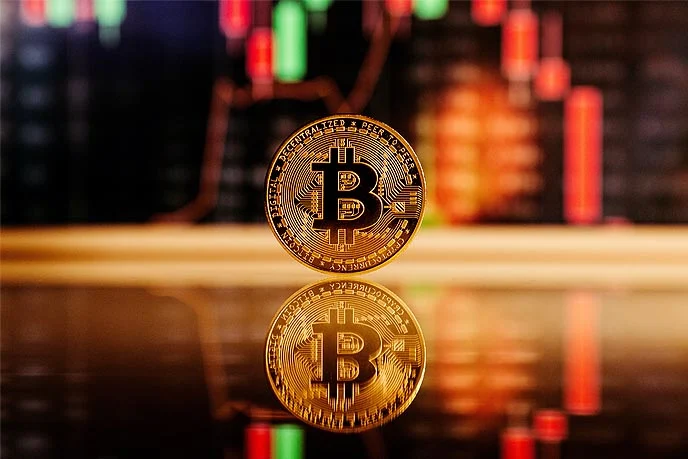Introduction: Why It Matters Where You Draw the Line
Is Crypto Trading Legal in Thailand? Crypto laws in Thailand aren’t exactly black and white—but they’re getting clearer. Whether you’re a casual trader or deep in Web3, knowing what’s permitted vs. prohibited can make the difference between a smart investment and an avoidable mistake.
In this comparison guide, we outline the major differences between legal and illegal crypto activity in Thailand as of 2025.
Is Crypto Trading Legal in Thailand: A Side-by-Side Breakdown
| Category | Legal in Thailand (2025) | Illegal or Restricted in Thailand |
|---|---|---|
| Crypto Trading | Yes, via licensed platforms | No, if using unregistered exchanges |
| Crypto Payments | No, prohibited for goods/services | N/A (law prohibits use) |
| Investment (HODLing) | Fully allowed | Only if done via illegal apps |
| Tax Compliance | Expected, 15% capital gains | Avoiding taxes is a violation |
| NFTs | Allowed if asset-backed or artistic | Illegal if tied to unlicensed fundraising |
| Stablecoin Usage | Investment only | Not allowed as legal tender |
| Foreign Traders | Permitted if using Thai banks/KYC | Grey area if using offshore accounts |
| Crypto Business | With proper licensing from SEC | Operating without a license is illegal |
| Gambling with Crypto | Not allowed under any conditions | N/A |


Is Crypto Trading Legal in Thailand: Registered vs. Risky Platform
If you’re asking “Is crypto trading legal in Thailand?” the answer depends largely on where you’re trading.
Registered Platforms
Thailand’s SEC licenses several exchanges for public use. These platforms operate under local financial laws and provide consumer protections.
- Bitkub
- Binance Thailand
- Zipmex (status pending recovery)
All these require KYC, tax reporting, and compliance with transaction limits.
Unregistered Exchanges
Platforms operating without Thai SEC approval—no matter how famous globally—are not legally sanctioned in Thailand. This includes some P2P apps and foreign platforms without a Thai license. Trading on these could put your funds at risk or expose you to legal trouble.

Credit from : iByte
Is Crypto Trading Legal in Thailand: Trading vs. Spending
Let’s break down two very different actions: investing in crypto versus spending it in daily life.
| Use Case | Legal | Illegal |
|---|---|---|
| Buying and selling Bitcoin | Yes | Only if done through illegal exchanges |
| Paying for coffee with ETH | No | Payment ban in effect since 2022 |
| Holding coins long-term | Yes | Only illegal if bought through black-market platforms |
Thailand allows crypto investment but prohibits its use as currency. The government’s concern? Volatility, scams, and price manipulation in everyday commerce.

Regulation Watch: What Changed in 2025?
Thailand didn’t stay quiet this year. Several new regulatory shifts shaped how crypto works in 2025:
- More scrutiny on token listings — exchanges must justify listings with real use cases
- Stronger KYC enforcement — expect detailed ID checks and selfie verification
- Exchange audits — companies must publish reserve transparency reports
- Fraud crackdowns — more proactive bans on deceptive DeFi projects and “pump coins”
While Thailand supports the digital asset economy, it’s no longer tolerating the chaos of unregulated platforms.

Foreigners in Thailand: Safe to Trade?
Yes—if you play by the same rules. Foreigners residing or working in Thailand can legally invest or trade in crypto, but you’ll need:
- A Thai bank account
- Verification through a licensed exchange
- To follow tax regulations on profits
Using a home-country exchange while living in Thailand? That’s a legal grey zone. To stay safe, use local platforms.
Business Rules: Operating Legally vs. Illegally
Thinking of launching your own crypto project or exchange? You’re going to need a license. Thailand requires:
- SEC registration
- Ongoing compliance reports
- Clearly defined product offerings
Running a platform, launching an ICO, or issuing tokens without approval is not just risky—it’s a criminal offense.
Conclusion: Legal, Yes—but Only on the Right Side
So, is crypto trading legal in Thailand? Yes—if you follow the law. Thailand allows crypto as an asset, not a currency. That distinction matters.
The bottom line? You can trade, invest, and even build in Thailand’s crypto space—as long as you stay on the regulated side of the fence. Step outside it, and you could face fines, bans, or worse.
The rules may tighten further in the years ahead, so stay informed, stay compliant—and always check the exchange license before you click “buy.”




